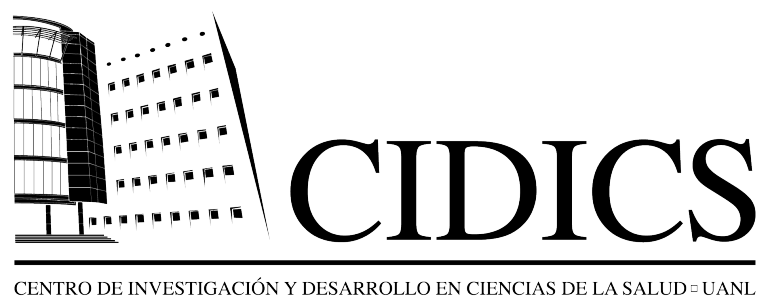Hypertension during pregnancy can be a risk factor for Autism Spectrum Disorders
Autism spectrum disorders (ASD) are syndromes of neurological development that starts at childhood. ASD affects behavior, the interaction with other people, communication, and learning. It is denominated a spectrum disorder because symptoms manifested can vary. Within ASD, Asperger’s syndrome is included.
What causes ASD is unknown. Research suggests genes and environmental factors have a big role. There is no standard treatment for ASD, but there are ways to maximize a child capacity to learn and develop abilities. A timely detection is important; the faster the condition is treated, the higher the probabilities of positive effects of symptoms are. Treatment can include behavioral therapy and communication, development of skills and/or medication to control symptoms.
Global prevalence indicates 1 out of 160 people have some kind of ASD, some well-controlled research have registered higher numbers and according to epidemiological studies, during the last 50 years, global prevalence of this disorders seems to be increasing. In Mexico, a study showed the proportion of one kid out of every 115. Additionally, it was showed that most kids with some condition within the autism spectrum were detected in regular schools without being diagnosed.
Various researchers have studies the influence of prenatal exposures on ASD development. Hypertensive disorders during pregnancy influence on a big spectrum of conditions, including chronic hypertension, preeclampsia, eclampsia, and gestational hypertension; this conditions are associated with a higher mortality and fetal morbidity. Studies showed that fetuses exposed to hypertensive disorders during pregnancy have a higher susceptibility to multiple neurodevelopmental disorders, like cognitive deterioration, depression, schizophrenia, and even of higher risk of cerebrovascular accidents.
The association between hypertensive disorders of pregnancy and ASD have been studies. A study showed that kids with ASD have a double probability of being exposed to preeclampsia in the uterus. To determine if this studies associate hypertensive disorders during pregnancy and the risk of autism on a baby, a meta-analysis was performed. In that study, studies published between 2009 and 2017 indicating the incidence of autism and hypertension on pregnancy were analyzed, and it was shown that exposure to hypertensive disorders during pregnancy is associated with an increase of 42% to suffer ASD.
This is why a timely detection is important. Below there are some indications that indicate caution of ASD:
Communication:
- Does not respond to his/her name at 12 months old.
- Inability to express what he/she desires.
- Does not follow indications.
- Seems to sometimes hear, some other times not.
- Does not make gestures, like the “goodbye” sign with the hand.
- Speak very little or does not speak anymore.
Social Behavior:
- Does not smile when someone smiles at him/her.
- Little to no visual contact.
- Prefers to play alone.
- Takes things just form him/herself.
- Very independent for his/her age.
- Seems to be in his/her own world.
- Does not pay attention to people.
- Does not show interest in other kids.
- Does not try to call the attention of his/her parents.
Stereotypical Behavior:
- Doing the same over and over again and can get on with another activity.
- Shows an unusual bonding with toys, objects or routines, like holding an object all the time.
- Spends a lot of time putting things into a certain order or in line.
- Echolalia (repeating words or phrases).
Other Behaviors:
- Does not seem to simulate or imagine things at 18 months.
- Have estrange movements or patterns.
- Tiptoes.
- Does not like to hang on to things or going up stairs.
- Does not imitate faces or gestures.
- Seems to be looking into a void or wander without a purpose or sense.
- Highly active, uncooperative, or stubborn.
- Sensibility to noise.
Reviewers: Brenda Giselle Álvarez Rodríguez (Public Health Research), and Cassandra Saldaña Pineda (Knowledge Management Unit).
Sources:
- Article: “Association between hypertensive disorders of pregnancy and risk of autism in offspring: a systematic review and meta-analysis of observational studies”. Oncotarget. 2018 Jan 2; 9(1): 1291–1301
- Article: “Prevalence of autism spectrum disorders in Guanajuato, México: The Leon survey”. J Autism Dev Disord. 2016 May;46(5):1669-85
- Eunice Kennedy Shriver National Institute of Child Health and Human Development.
- MedlinePlus

